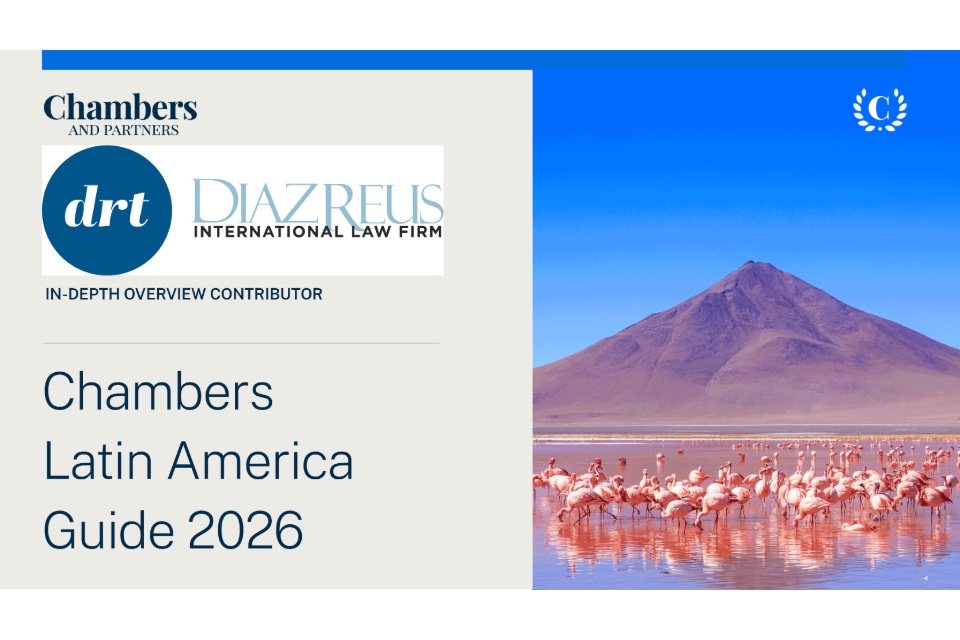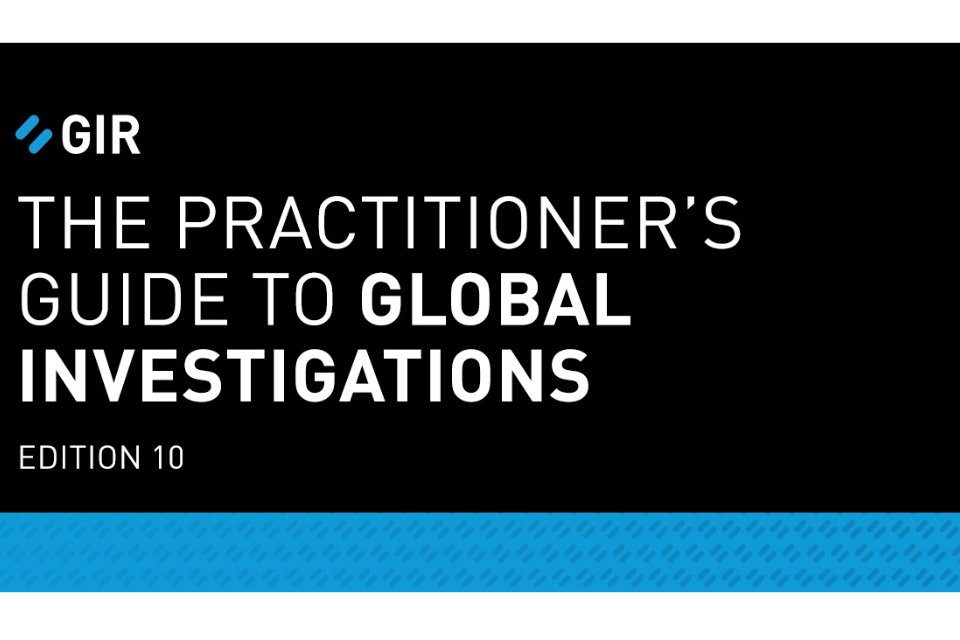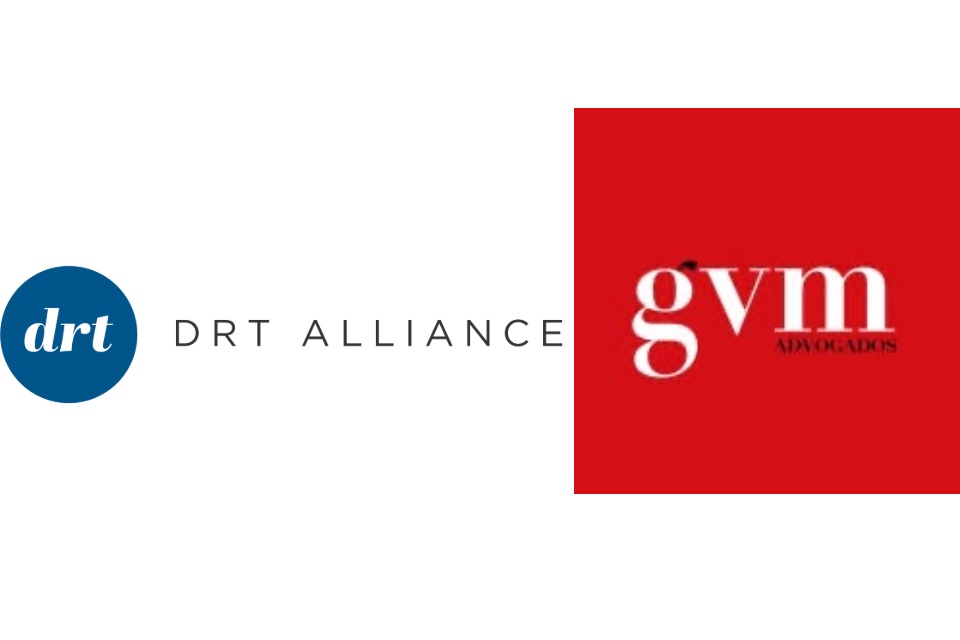Brazil, as the seventh largest economy in the world, and the fifth largest nation in terms of land mass, continues to present great market opportunities to foreign investors. Product or service suppliers can enjoy great returns on their investments in the Brazilian market, but must understand key differences between conducting business in their familiar home markets and the Brazilian market. This article will discuss relevant provisions under the Brazilian Consumer Protection Code (Law Number 8.078 of September 11, 1990), referred to as the “CPC.”
The CPC prohibits products that present unreasonable risks to a consumer’s life, health, and safety, as well as deceptive or coercive advertising tactics. The CPC also requires suppliers to immediately inform consumers of any knowledge of potential harm or danger arising from the use of a product already sold. Three provisions under the CPC that suppliers should be specifically aware of are: product liability, advertising, and contract provisions and rights. By becoming familiar with these provisions, a supplier should feel confident that it is operating in a manner that will avoid any pitfalls under the CPC.
Under the CPC, a “supplier” is defined as any person or corporation who provides products or services in the marketplace. It can be an importer, a manufacturer, or even a retailer. A “consumer” is one who acquires a product or service. A “product” under the CPC is any moveable good or real estate, and “service” is any activity that is provided to the consumer.
PRODUCT LIABILITY
Suppliers must anticipate the high standards to which their products and services will be held in a foreign market. In Brazil, Article 12 of the CPC deals with defective products, requiring suppliers to provide repair for any harm caused by defects in a given product. Suppliers who are considering supplying their products to the Brazilian market should account for this liability in their long-term plans. In this regard, the CPC specifies the length of time that suppliers will be responsible for repairing or replacing defective products.
The CPC requires suppliers to make replacement parts available for a specified period of time, even after manufacturing or importing of the product has ceased. As part of their long-term plans, suppliers must make sure to have an adequate stock of original replacement parts available. If original replacements parts are not available and the consumer instead receives secondhand replacement parts without expressly authorizing it, the supplier is subject to incurring penalties, which may include a prison sentence and fine.
ADVERTISING
The CPC covers prohibitions against false advertising and omitting relevant consumer information, in addition to regulating the way suppliers convey information to consumers. It imposes significant penalties for noncompliance. The CPC prohibits abusive advertising campaigns. Specifically, an advertisement that explores fear, superstition, disrespects environmental values, or may lead a consumer to harm himself is deemed an abusive advertisement. The penalty for noncompliance with advertising restrictions under the CPC includes a prison sentence and fine. Marketing in Brazil is not only about understanding the population to which a specific product appeals, but also ensuring that a company’s marketing strategy complies with the restrictions imposed by the CPC.
CONTRACTUAL ISSUES
In addition to addressing advertising and product requirements to keep consumers safe, the CPC also places specific requirements on contractual provisions. Many companies use standard form contracts to expedite and maintain a uniform standard of business in their operations worldwide. However, it is highly recommended that product suppliers or manufacturers supplying goods in Brazil include the mandatory provisions in their contracts to comply with the CPC.
The CPC, for example, requires that service suppliers provide an itemized budget to consumers consisting of the price of manpower, necessary materials and equipment, payment conditions, and beginning and end dates for service. Additionally, a seven-day grace period exists under the CPC for a consumer to desist from the contract. The law requires a supplier to immediately return a customer’s payments in the event the customer decides to get out of the contract within this grace period.
CONCLUSION
Due to Brazil’s safeguards to protect its consumers, foreign suppliers may find the CPC to be much stricter in comparison to consumer protection laws of other countries. However, with thorough preparation and legal guidance from an experienced counsel familiar with local rules and processes, foreign suppliers can enjoy great success in the Brazilian market.




































































































![Especial abogados Salón de la Fama[61] 4](https://diazreus.com/wp-content/uploads/2023/06/Especial-abogados-Salon-de-la-Fama61-4-pdf.jpg)



























































































































































































